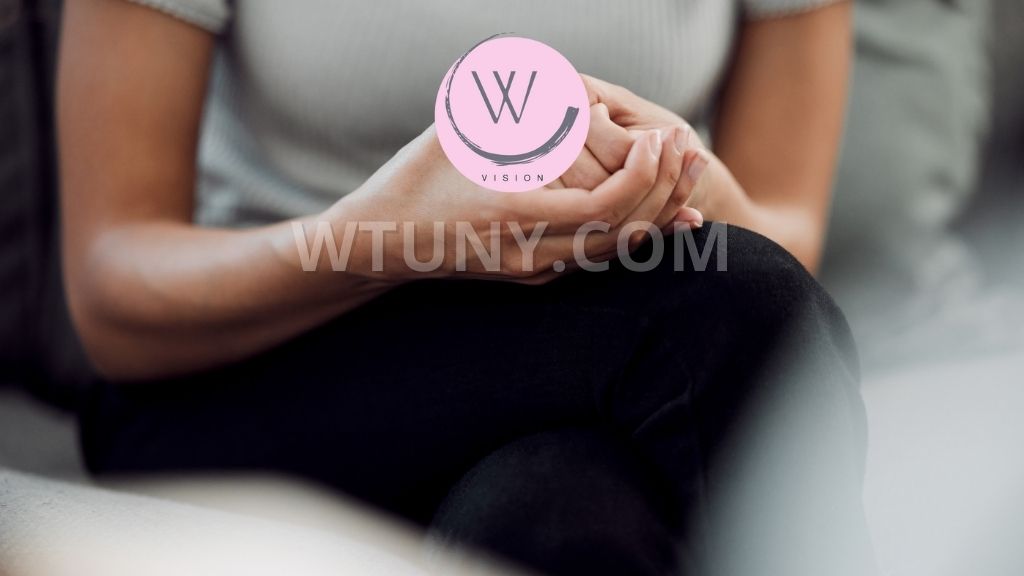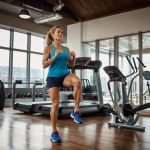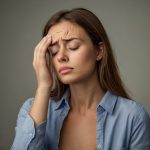Sometimes it is overwhelming to be at work and face the challenges of daily work routine. Can you relate to this? This is anxiety. Although this is just a norm in these single day’s mounting pressure, this uncontrolled way of thinking anxiety might turn a person into a spiral of difficult situations. But what does it matter when quenching anxiety becomes endless?
The spontaneous crop-up of stressors the moment one is trying to relax makes peaceful thoughts elusive. With this extensive manual as your magic wand, you will be facilitated by using an array of tactical tools that are scientifically proven to lead to the release of endorphins that, in turn, will make you escape from anxiety. Whether you are in the office contending with the demands of work, in a relationship with another person, or unable to cope with an acute emotional state, embark on a journey with us on a journey that will transform your life.
Understanding Anxiety
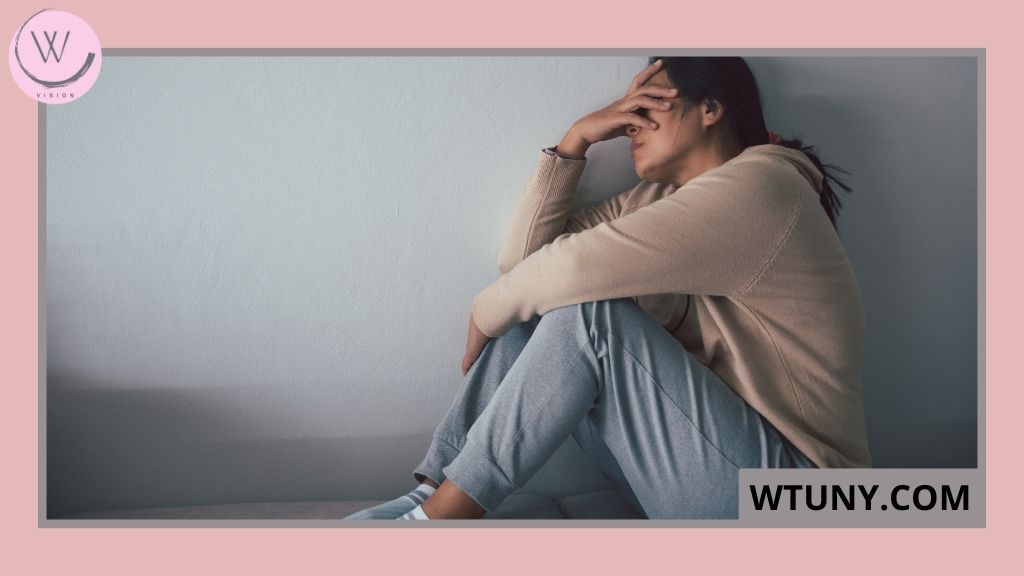
Anxiety is common today. Nevertheless, for many people, the whole terminology and ascetic nature of gardening remain unidentified. Let us know what exactly is inside the cloud and how it works, we shall dive deeper into the topic:
1. What is anxiety?
Anxiety is experienced as a defense mechanism that manifests in response to stressful situations or the feeling of a threat in the present moment. This is a natural self-preservation mode. It sometimes does good, but at the point we begin to comprehend difficulties. On the one end, such feelings might give a boost to one’s life but, if they are too strong or persistent, they demonstrate blocks to one’s routine.
2. Symptoms and causes of anxiety
Symptoms organic to anxiety would be like feeling anxious, fast heart rate, fast breathing, and difficulty concentrating. It is not one issue that can trigger anxiety disorders, but a couple of factors may play a role. Different factors are involved, such as genetics and brain work. Trauma is also one of the factors that are recorded to contribute to depression.
3. Types of anxiety disorders
- Generalized anxiety disorder: often claimed to be burdened with low-level sanity, excessive expectations, and tensions.
- Panic disorder: The main symptoms are unexpected feelings of fright which lead to strong shaking, confusion, dizziness, or vomiting.
- Social anxiety: obsession and deep worry over normal social occasions.
- Specific phobia: The feeling of terrifying especially when in the face of a particular sound or situation like getting over height or airplanes.
Avoid triggers
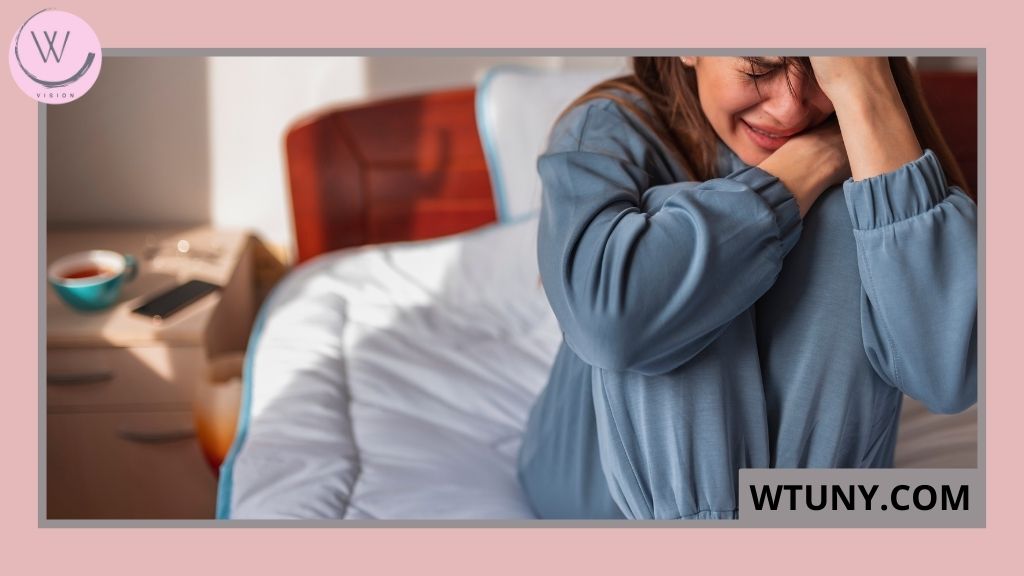
Remaining from the effect of anxiety is the major source of it. This will see you take a step that will help bring more smiles daily.
Avoid caffeine
Caffeine can create a similar effect as adrenaline which might make anxiety worse. Curbing the consumption of caffeine would prevent those side effects from happening and make the body less edgy.
Herewith, a practical plan that covers and minimizes nervous system reactions would be, on the whole, aimed at getting rid of anxiety via striping off excessive caffeine. Such decisions might be made by selecting beverages and foods that do not contain caffeine and choosing decaf versions. Also, it is important to realize that the caffeine amount matters and that we should remember it in our wellness. Integrating a caffeine routine that empowers the creation of a balanced lifestyle to achieve inner calm will be a realizable roadmap to improving your psychological state of mind.
Avoid alcohol
Even though you might feel that your glass of wine has relaxative effects it intensifies anxiety. This is by altering serotonin levels in the brain, and it worsens anxiety to the point where the effect of the drug fades away.
Knowing the intimate dependency between the role alcohol plays and anxiety reinforces the need for a deliberate and knowledge-focused approach to one’s lifestyle. Instead of relying on alcohol to deal with stress people seeking mental comfort should opt for approaches that preserve long-lasting health. This might involve those activities that just give serotonin a natural boost, such as exercise classes, aside from these options, exploring relaxation techniques like meditation can even stimulate the production of serotonin. By having a comprehensive grasp of the complicated relationship between alcohol use and anxiety, people give power to their minds not to get more complicated but stable and peaceful.
Healthy positive habits
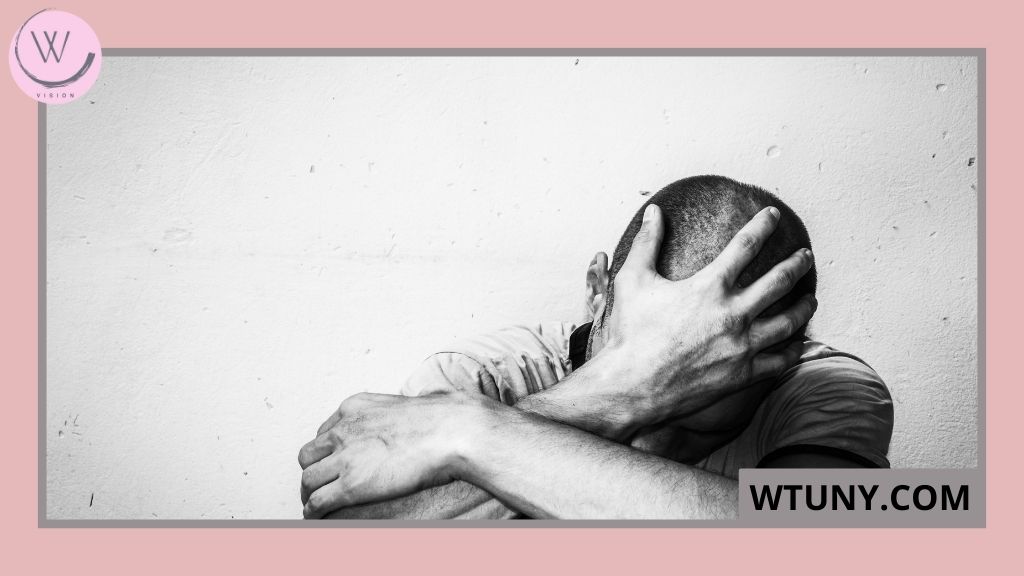
A healthy lifestyle is unquestionably great for mental health. To improve mental health one has to adopt a healthy way of life. They may also be a good weapon against anxiety and show the body at its strongest- physically, as well as mentally.
1. Eat healthy
Incorporation of fruits, vegetables, and whole foods in a diet should help to meet all nutrient needs of your body and brain that are essential for optimal functioning.
2. Exercise regularly
Exercise as a regular activity substantially conditions the human mind which “intensifies mood, lowers stress hormones and distracts from scraps of thoughts.”
3. Sufficient sleep
Good sleep is important. You feel the benefits directly in this way, without even further need to think. It helps you to relax, which supports a positive mood, energy, and focus as well as overall function of your body.
4. Stay hydrated
Drying of the lungs can bring discomfort and adequate hydration may alleviate some of the symptoms.
5. Make time for solitude
Spend time doing something you are passionate about or relaxing by yourself. This is crucial as it is a good way of getting rid of stress and anxiety.
Anxiety reduction techniques
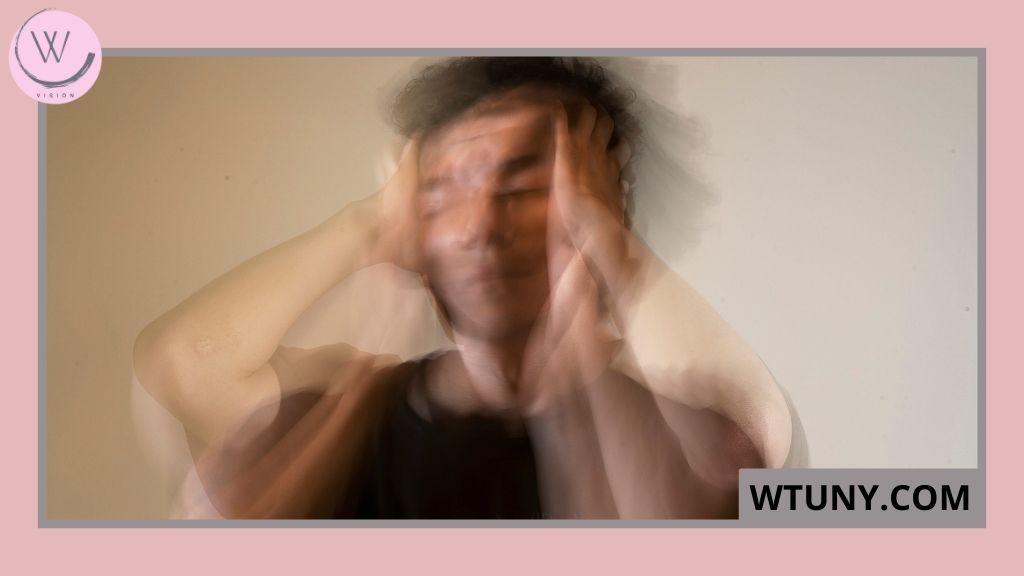
Doing the simple and usual things may be the first step and the best weapon to win the battle against that horrible feeling that takes away all your calmness.
1. Mindfulness and meditation
- Yoga practice
Consequently, the calming method of yying goes beyond mental relaxation and it also strengthens the body from stress with more controlled breathing exercises and relaxation poses.
- Practice mindfulness meditation
Meditation of mindfulness, in turn, teaches to direct attention, and carefully tune in to what is going on here and now without getting into evaluation. It helps to relieve stress.
2. Breathing and visualization techniques
- Practice belly breathing
Similarly, mindful and controlled breathing can block the release of stress hormones, encourage peacefulness, and lead to calmness.
- Use visualization techniques
Impressing and distracting you with serene scenes and preferences can lead you to thought-swapping and a state of relaxation.
3. Participation and distraction
- Listen to the music
Music is very helpful by the fact that it can make you forget your troubles provides muscle relaxation and reduces the stress hormones which drowns out the noise of anxious thoughts.
- I laugh more
Laughter brings such goodness to your body by changing positively your physiology, suppressing stress response and calming down, and avoiding high blood pressure.
- Get music and be creative
Pursuing hobbies, either those related to music or other creative activities, is not only a good substitute for ruminating the worries but also a truly inspiring experience.
4. Connect with others
- Ask for advice
The therapists who will be trained professionally will be in a position to manage stress by identifying sources of stress and introducing new means of coping.
- Talk to someone who understands
As the caretaker, you listen to their feelings and provide them with an empathetic ear. This will return them feeling better instantly and will help them gain a lot of insight.
5. Self-management techniques
- Prove yourself
Communication skills would be the most battling one where you should know how to express your case eloquently and give instructions accordingly to prevent the stress and drain of precious time and energy.
- launch
Going for a short walk, a strenuous enough physical activity utilizes the excess energy released to meet emotions like stress, leading to an anxiety reduction hence the student becomes more comfortable and more considerate.
- Turn off the phone
It is when the situation has to do with tearing off the gadgets with no constant alerts and notifications that you can use fewer digital distractions to reduce anxiety levels.
- Use positive affirmations
Positive verbalizations are a complement to problem-solving abilities and an encouragement to look for certain fears in a situation.
Seek professional help
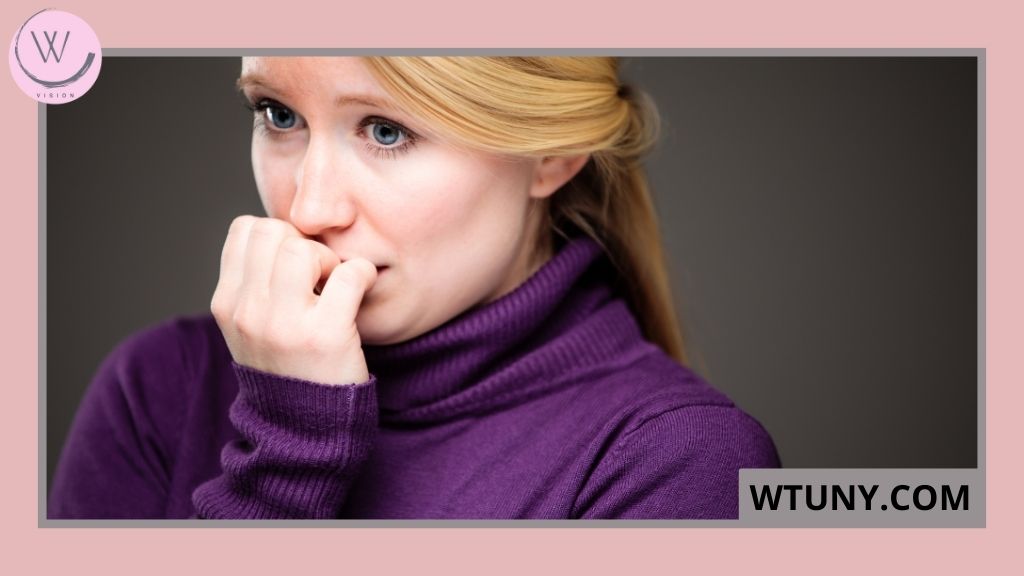
Extreme or persistent spending of time in an anxiety state is very burdensome. When self-help coping skills does not work, referring to a professional therapist for help is the time.
When to stand up for oneself and when to seek professional help.
People know their lives will suddenly get complicated when anxiety starts to hamper their ad hoc activities or even responsibilities. This is the time they should seek professional help. The therapists and counselors may demonstrate to you the assistance and remedy methods to cure in time.
The services of a different kinds of professionals are also at your service.
Mental health workers like psychiatrists, psychologists, and other specialists make available numerous services to clients. These are talk therapies that intend to take out anxiety-watching layers and medications that work altogether to resolve anxiety in individuals.
CONCLUSION
To summarize, the guide to relieving anxiety is a secret weapon that uplifts gloomy spirits and puts people in control of their anxiety. We have traveled through tried and test-successful methods that emit instant tranquility when we desperately need it, especially when sharp stressful moments confront us. Starting from the mindfulness practices to the deep-breathing exercises, every one of them has been given careful consideration to be a quick solution immediately and restore your head to a normality level in terms of mental and emotional health.
Keep in mind that taking control over a mental well-being journey is a complex path. That is why these techniques can act as support tools in your toolbox. These modalities not only offer you immediate relief but with time they help in nurturing the resilience that is needed to withstand future challenges. Each person’s path to anxiety relief is as unique as they are, and this article provides a comprehensive self-help toolkit using a variety of methods that are suitable to a given individual.

